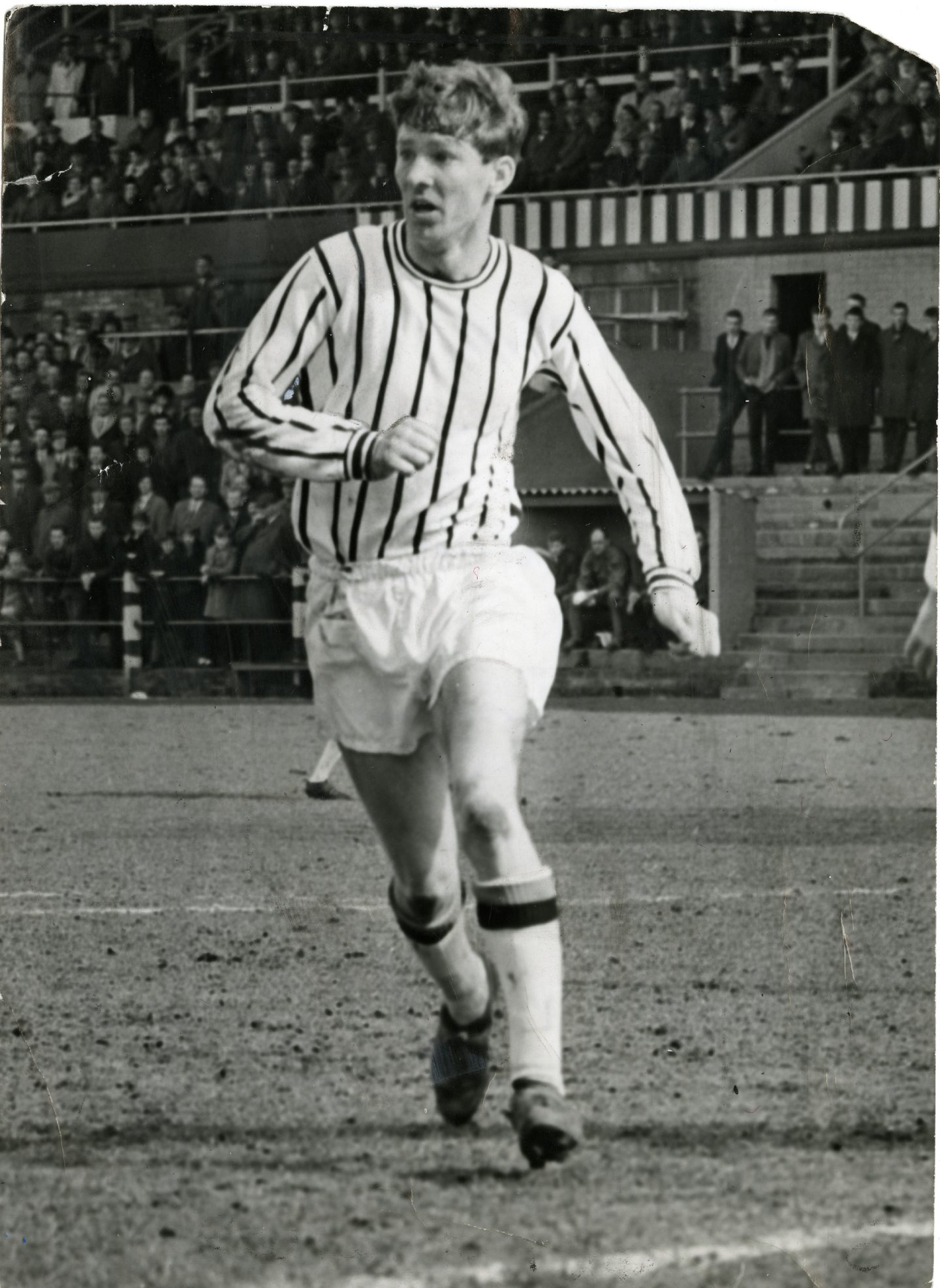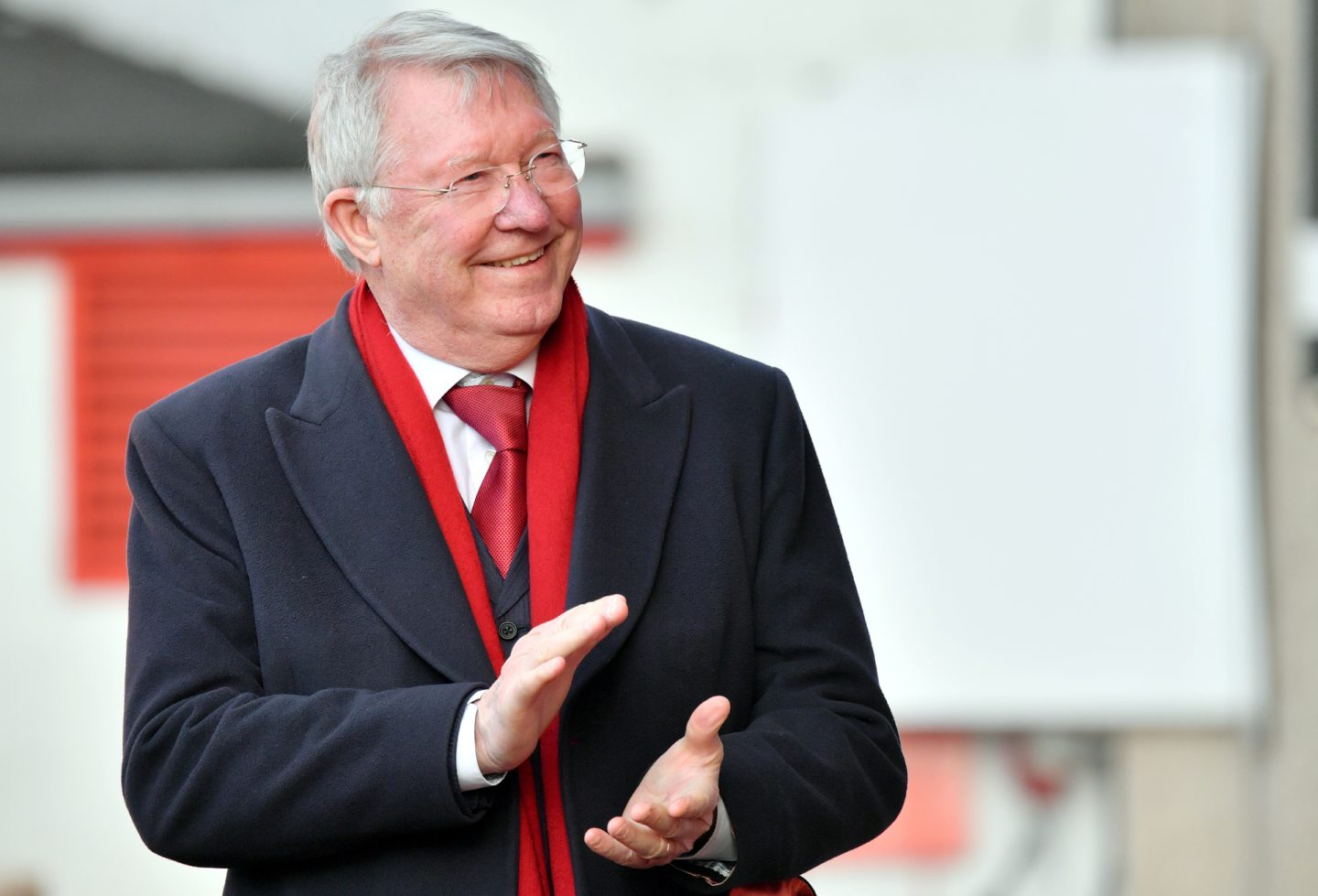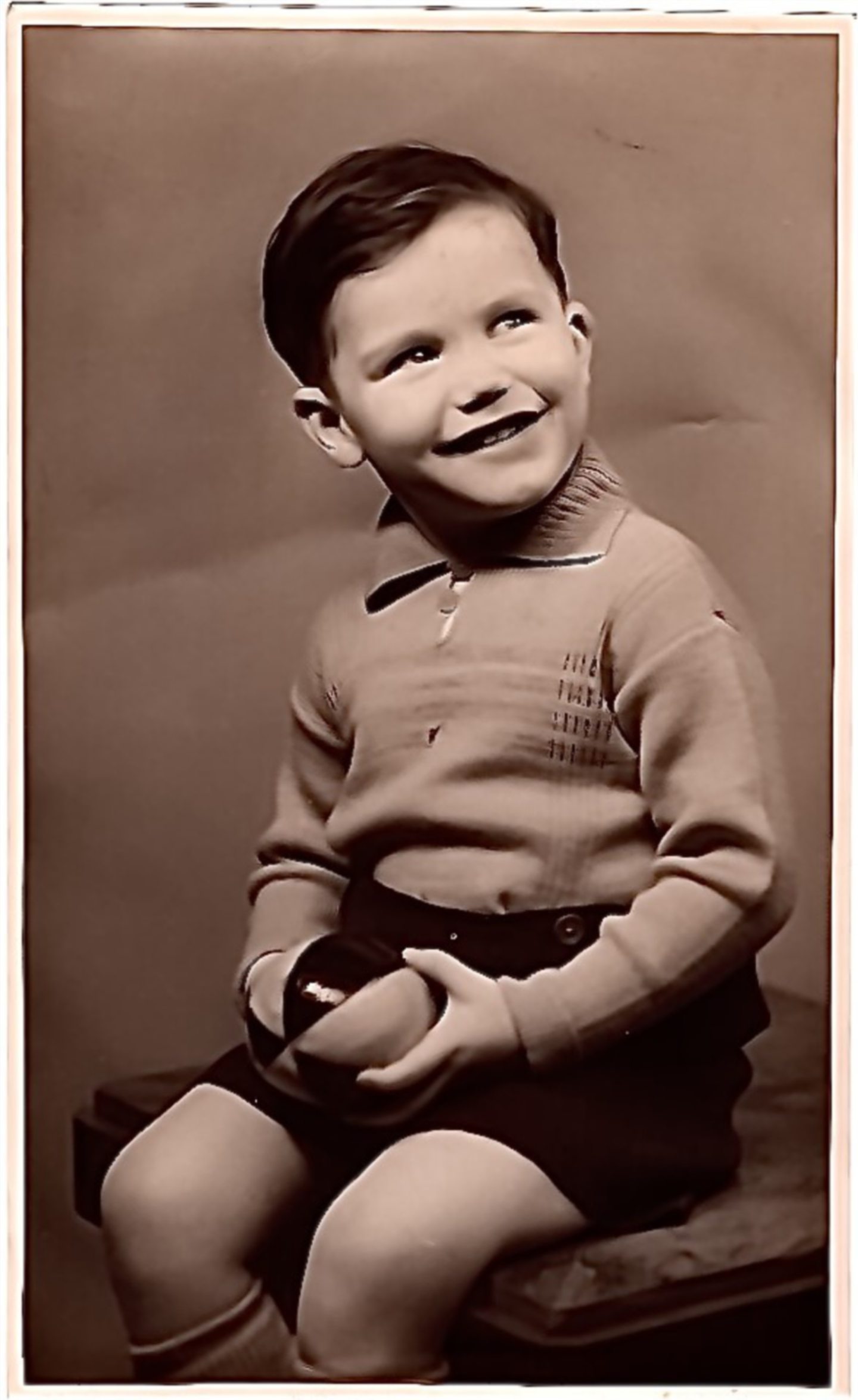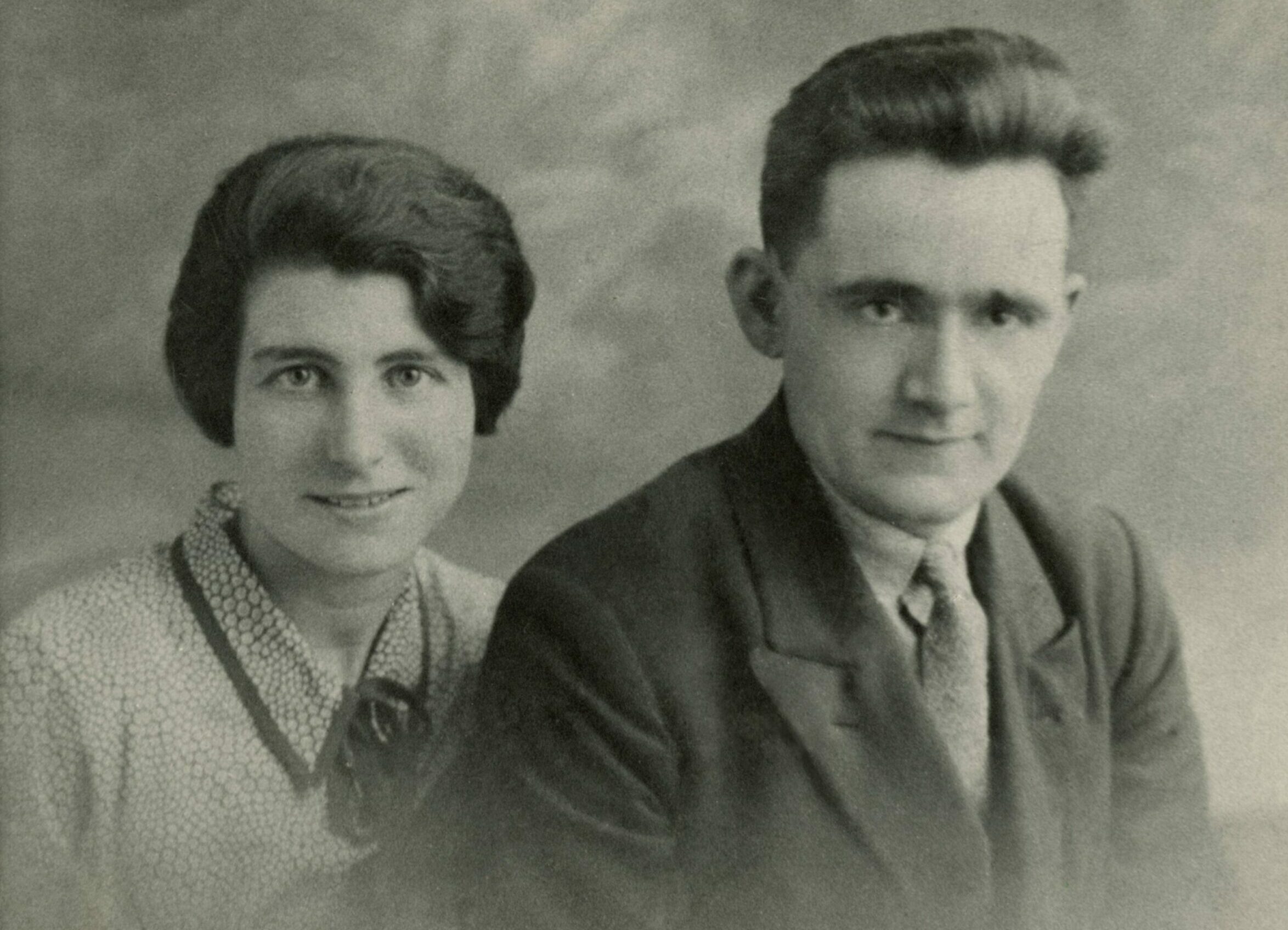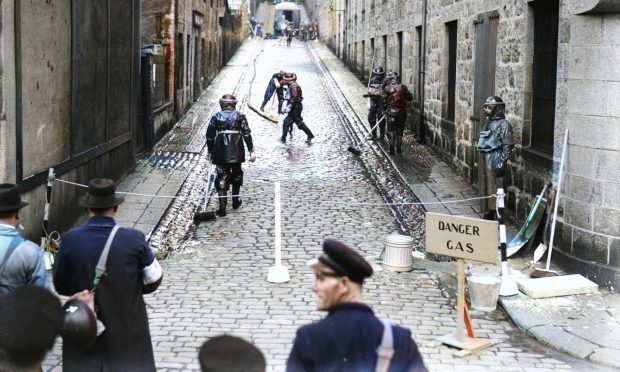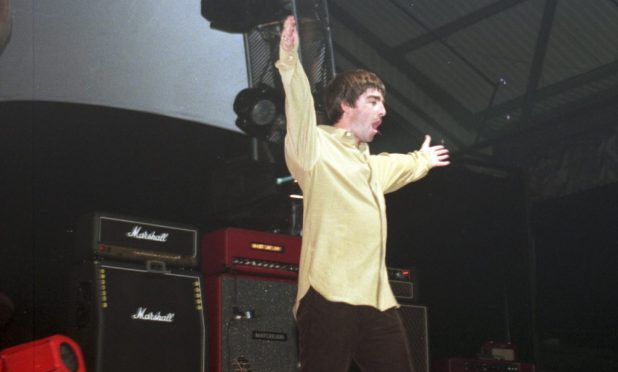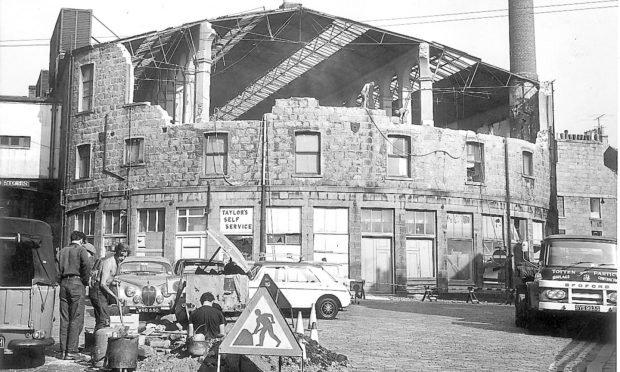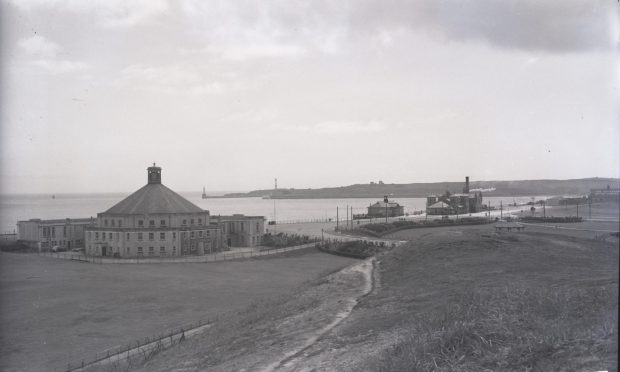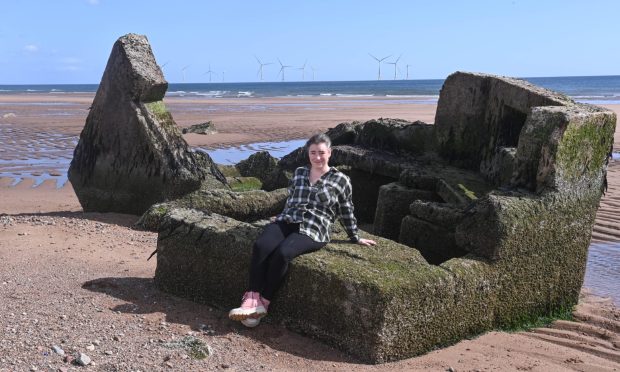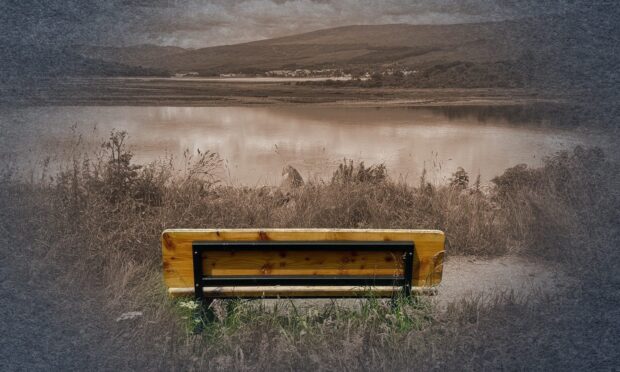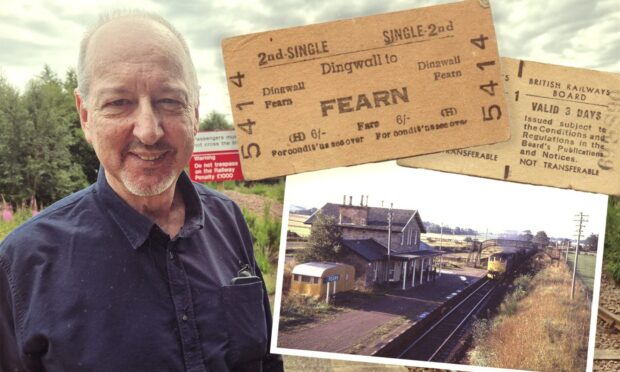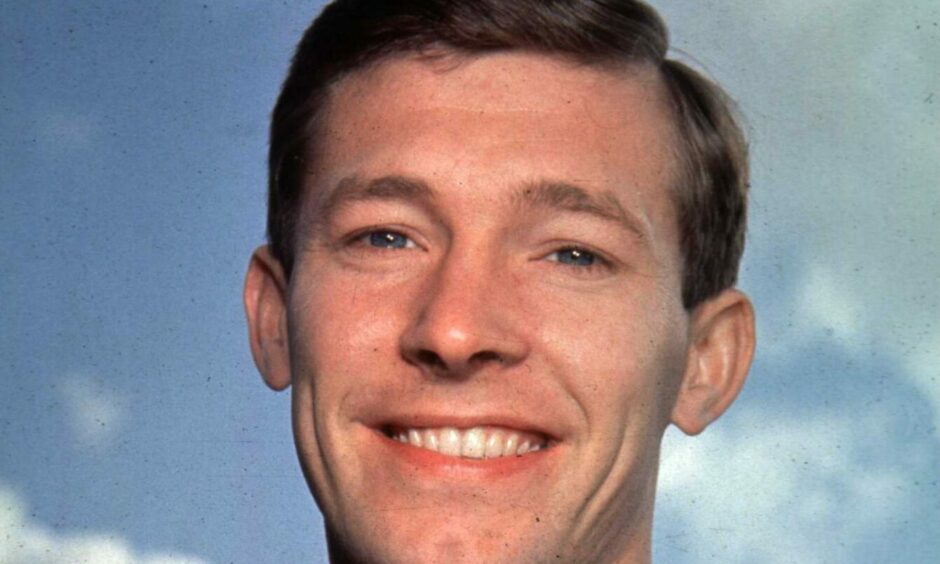
Alex Ferguson never regarded his upbringing as being any different from hundreds of thousands of other young Scots in the 1950s.
There was poverty all around him in Govan in Glasgow, yet the people were part of a genuine community, who strove to help one another in times of adversity. So when the young Alex wasn’t playing football, he was studying assiduously, doing whatever he could to boost the family pay packet, and learning some of the lessons which would make him a legendary manager.
Others in his midst may have attempted to escape their roots – and draw a veil over how they had once dwelt in a home without an inside toilet – but he was proud of where he belonged and refused to let adversity define him.
Not just that, but he thrived on the qualities which existed in the shipyards which provided employment to myriad men and fostered a spirit of camaraderie and social justice in so many of their breasts.
Scottish engineering had world fame
Even after Ferguson had steered Aberdeen to an unprecedented haul of silverware, including the European Cup Winners’ Cup in 1983, and when he departed the Granite City for Manchester United, there was a sign in his office at Old Trafford which proclaimed: “AHCUMFIGOVIN”.
And, despite subsequently becoming a multi-millionaire, and earning a knighthood, he is the same cussed, charismatic, caustic and compelling character in his ninth decade as he was growing up in post-war Scotland.
Indeed, as a new book has highlighted, many of the most successful figures in sport, politics, business, the military, the health service, arts and the entertainment industry, have remained fiercely loyal to the values they nurtured when they were just another name on a school register.
Ferguson recalled: “We were world famous: when people said ‘Clydebuilt’, they meant excellence. We produced some strong men, guys like Jimmy Reid, even the Red Clydesiders like Manny Shinwell and all of these people.
“James Maxton’s sister was my headmistress at Broomieloan Primary, so there were some great people coming out of Govan. It’s true that the working class people became famous fighting for people’s rights, which isn’t something to be ashamed of. On the contrary, it’s something to be proud of.
“I came from the sort of community where people rely on each other. If you look at the mining communities where Jock [Stein] and Shanks [Bill Shankly] and [Sir Matt] Busby came from, they really depended on each other.
“It’s like that great movie ‘How Green is My Valley’ about the mining disaster in Wales, and that’s what it must have been like in Lanarkshire and Ayrshire.
“So I am always slightly baffled by those people who are quite happy to lose contact with their roots.
“You can’t forget your upbringing, because that is what made me. I remember reading in an newspaper article: ‘Alex Ferguson has done well despite coming from Govan’….It’s because I came from Govan that I did well.”
‘That place made me who I am today’
As these boisterous lads of the 1950s and 1960s grew up and married, they gradually drifted apart and contact between them was limited.
There were jobs to do, vocations to attend to and aspirations to pursue. But the lessons absorbed decades earlier in Govan were still in his DNA.
And, while Ferguson was well into his managerial career before relationships were restored, he was happy to forge renewed acquaintances later in his life.
He had taken Aberdeen to new heights when, in 1986, two months before he left the north-east of Scotland to manage United, one of his former friends, an ICI plumber at Grangemouth, Duncan Petersen, rang him and invited Ferguson and his wife Cathy to his 25th wedding anniversary.
He recalled: “It was a turning point in my life. All the lads were there and it brought us back together. Our families were established; we were mature men. I moved to Manchester United and we have remained close ever since.”
An iron man in his domain.
And, like Irn-Bru, made in Scotland from girders.
Brian Cox lost his father early on
Also recalling memories of his childhood was Brian Cox.
Nowadays, he enjoys an international profile as Logan Roy, the monstrous patriarchal figure who is the protagonist in the TV series Succession.
But, as Cox has told Rachel Sylvester and Alice Thomson, the authors of What I Wish I’d Known When I Was Young, the Dundee actor barely had a father figure in his life before he had lost him for ever.
And his stark recollections of his mother, who suffered mental health issues, are ingrained in him every bit as much as Ferguson’s childhood in Govan.
It speaks volumes for the resilience of Cox that he transcended such early tragedy and yet still advises drama students: “Always carry a picture of yourself as a child because that is who you are.”
But, if he has established a reputation for playing rich and powerful men, from King Lear to Winston Churchill and the original Hannibal Lekter, it is because of his acting skills, not his own family background.
After all, he was just eight when his dad, Charlie, succumbed to pancreatic cancer only three weeks after he had been diagnosed with the illness.
He recalled: “I saw an elderly neighbour standing on the steps of the house, crying. She said to me: ‘Oh Brian, poor wee Brian’.
“Then I went up the stairs and the front door was open. As always, in times of incredible stress, the table was packed with food. My mother was sitting hunched on an armchair by the fireplace.
“She looked at me and burst into tears, then I realised my dad had gone. it had been very sudden. It marked me. We did have a couple of times where we had no money and we didn’t have any food, so I would go to the local fish and chip shop and ask for batter bits from the back of the pan.
“That would be our tea on a Thursday.”
Cox was maybe too young at that stage to recognise the scale of the loss. Or perhaps not. At any rate, he was distressed by the deterioration in his mother’s health and even found her on the brink of taking her own life.
As he related: “My mum had not been well for a long time, really since I was born. I came home [one day] and I could smell gas. She was on her knees and the oven was open, but she said: ‘I’m just giving it a wee clean’.
“I only realised in hindsight that it was a suicide attempt. Then she really got very ill [and was taken away to a psychiatric hospital]. It was pretty bleak.”
Don’t dwell, keep going, keep moving…
However, as Cox told the authors, he found ways of escaping these traumatic early years and spent hours in the local cinema, watching films “back to back, partly to keep warm, but also to escape from the harsh reality of his life”.
It taught him to be assertive, to chase his dreams and fight for recognition. Or, as he expressed it: “I realised that I wasn’t going to waste any time.
“I was blessed enough to see how people start blaming their lives and say: ‘I shoulda, coulda woulda’ and I don’t go for that. I just think: ‘Do it”.
Cox was asked what he would say to his eight-year-old self. He paused.
Then, he stated: “I would want to say: ‘It’s going to be OK, you’re going to be OK, it’s tough now, but it will pass and there will be great memories for you.
“They can’t take away that your dad was your dad and your mum was your mum and your sisters were your sisters and your brother was your brother.
“That’s a given, but move on. Don’t dwell, keep going, keep moving, keep trucking.”
What I Wish I’d Known When I Was Young is published by William Collins.
